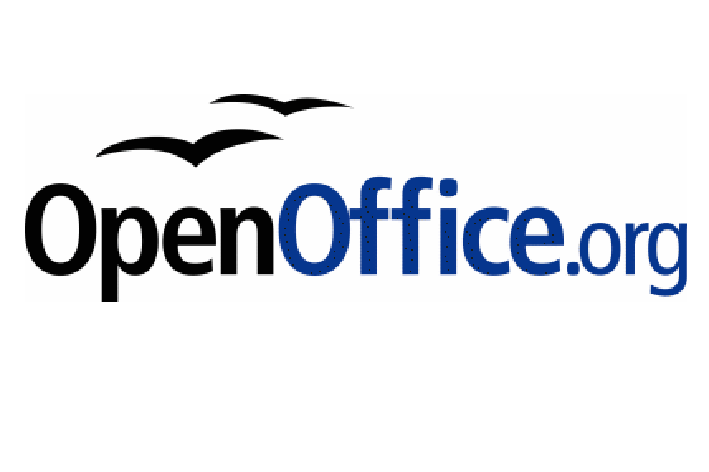IBM, Sun and OpenOffice.org
During the ongoing flirtation between IBM and Sun Microsystems, little has been said about OpenOffice.org, which has been viewed as one of the less significant parts of Sun's open source portfolio.

Nonetheless, there has been considerable criticism of the lack of progress that the project has made during the nine years since its inception, from both inside and outside the OpenOffice.org developer community. One contributor, Bruce D'Arcus, identifies the problem as "organizational dynfucntions (sic) [which] are really, seriously, weighing on the capacity for OpenOffice.org to innovate."
The most vocal critic has been longtime OpenOffice.org developer, Michael Meeks, who blames the bureaucratic rigidity imposed on the project by Sun, which has resulted in complaints about the slow rate of progress of OpenOffice.org and the slow turnaround of bug fixes. Meeks suggests that Sun has effectively discouraged participation from other corporates and community developers, and has called for OpenOffice.org to be freed from the shackles of Sun's over-zealous control, as he see it, and become a developer-driven project after the model of Linux kernel development.
"There are serious systemic problems inside Sun," Meeks has said, "primarily in the QA department. For example, they would say that they can't understand how the Quickstarter could work in UNIX without a full specification, including screenshots of it, a description of what the function should do, approval by the user experience team inside Sun, and of course the help documentation team. They should all be involved, write a specification, and then you can actually write the code..."
Quality through obsolescence
From Sun's point of view, the problem is 'Quality Assurance'. From the standpoint of Meeks, Quality Assurance has become an irrelevance because development has all but atrophied.
"I would stress that there are people inside Sun that do 'get it'," he says. "People that are open, and helpful, and really good. But there are also a large number who are very traditional, very staid people, particularly in quality assurance. You can't argue with them, because they're in their own self-reinforcing world view."
"They say specifications are necessary for product quality, and you say 'That's fine, but look at the quality. It's still not very good.' They say more specifications are necessary! The answer is always more of the same, and you can't argue with that," he says. "It leads to obsolescence - quality through obsolescence is what I like to call it. By not ever changing the product you can specify every bug as a feature, and hey! It's bug free. Instead, you really need to be getting changes in, fixing things and improving them."
Get the ITPro daily newsletter
Sign up today and you will receive a free copy of our Future Focus 2025 report - the leading guidance on AI, cybersecurity and other IT challenges as per 700+ senior executives
The solution for Meeks has been to set up an alternative build of OpenOffice.org at Go-Open Office, under the auspices of Novell, which follows the release early, release often philosophy that is common to most developer-driven free software projects, and includes many features yet to be included in the upstream release - an approach that would appear to strike a chord with the ambitions of IBM.
Doug Heintzman, director of strategy for IBM's Lotus Software, was reported to have said in September 2007: "We think that there's a broad-based consensus that some governance and structural changes are in order that would make the OpenOffice.org project more attractive to others."
-
 Cleo attack victim list grows as Hertz confirms customer data stolen
Cleo attack victim list grows as Hertz confirms customer data stolenNews Hertz has confirmed it suffered a data breach as a result of the Cleo zero-day vulnerability in late 2024, with the car rental giant warning that customer data was stolen.
By Ross Kelly
-
 Lateral moves in tech: Why leaders should support employee mobility
Lateral moves in tech: Why leaders should support employee mobilityIn-depth Encouraging staff to switch roles can have long-term benefits for skills in the tech sector
By Keri Allan